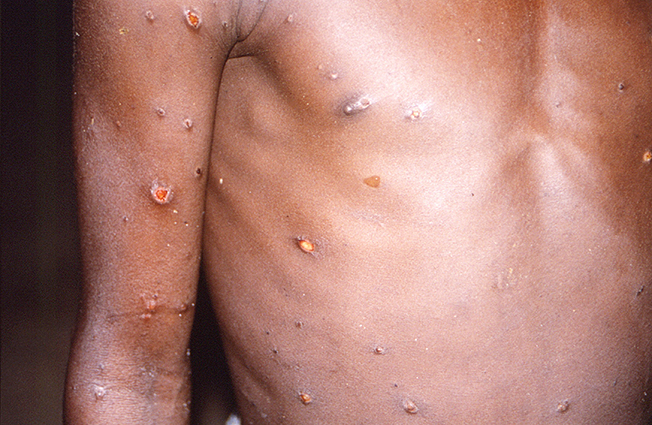A meeting to evaluate the new data emerging, as well as how prepared Cyprus is to deal with monkey pox, has been organised for Monday, July 25, at 9 am at Nicosia General Hospital by Health Minister Michalis Hadjipantelas.
In light of the alert declared by the World Health Organisation (WHO) at an international level on Saturday afternoon declaring monkeypox as a public health emergency, Hadjipantelas had a telephone conversation with the WHO Regional Director for Europe , Hans Kluge, according to Cyprus News Agency (CNA).
An announcement by the Health Ministry stated that during the phone call, the data recorded at European level regarding the disease were discussed and it was decided that, within the next few days, further guidelines will be sent regarding the management and treatment of the confirmed cases of monkey pox.
Despite the fact that Cyprus is among the countries where no confirmed cases have been recorded so far, the relevant services are fully prepared to deal with the disease, the announcement states, since the health ministry has taken all the necessary actions and has drawn up an action plan, which includes all relevant protocols for managing both confirmed cases and their close contacts.
Meanwhile, the first vaccines for monkeypox are expected to arrive in Cyprus on Monday, the Cyprus News Agency reported on Friday.
Health authorities will receive some 1,400 jabs, which will help the country prepare to tackle possible outbreaks of the virus.
Infections have been confirmed in Europe, Australia and North America.
A health ministry source told CNA that no mass vaccinations are expected as the virus is not easily transmitted. The vaccine is recommended for health professionals dealing with confirmed monkeypox cases or their contacts.
Nicosia general hospital has been designated as the reference hospital for monkeypox, and Makarios hospital for cases in children.
The microbiological laboratory at the Nicosia General Hospital and the Cyprus Institute of Neurology and Genetics’ laboratory have been designated as reference laboratories, which are able to carry out the necessary diagnostic laboratory tests for the disease.
More than 16,000 cases of the disease have been recorded in more than 70 countries.
Among the self-protection measures are to avoid sexual contact with anyone who has a local rash, limit the number of sexual partners and frequent hand washing with soap and water or disinfection with alcohol-based gel.
Monkeypox is caused by monkeypox virus, a member of the Orthopoxvirus genus in the family Poxviridae and is transmitted to humans through close contact with an infected person or animal, or with material contaminated with the virus, such as bedding.
Symptoms include fever, headache, muscle pain, back pain, lymphadenopathy, chills, and exhaustion, and a characteristic rash usually appears 1 to 5 days after the onset of symptoms.






Click here to change your cookie preferences